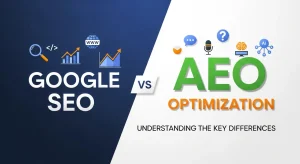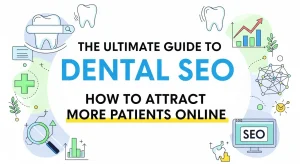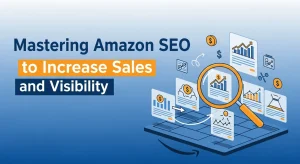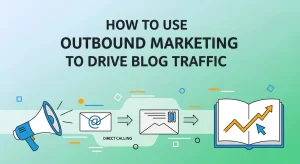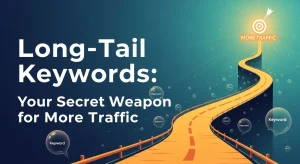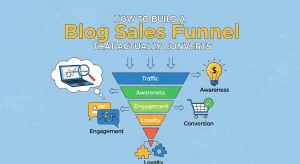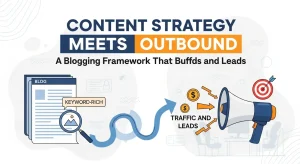How AI Transforms SEO
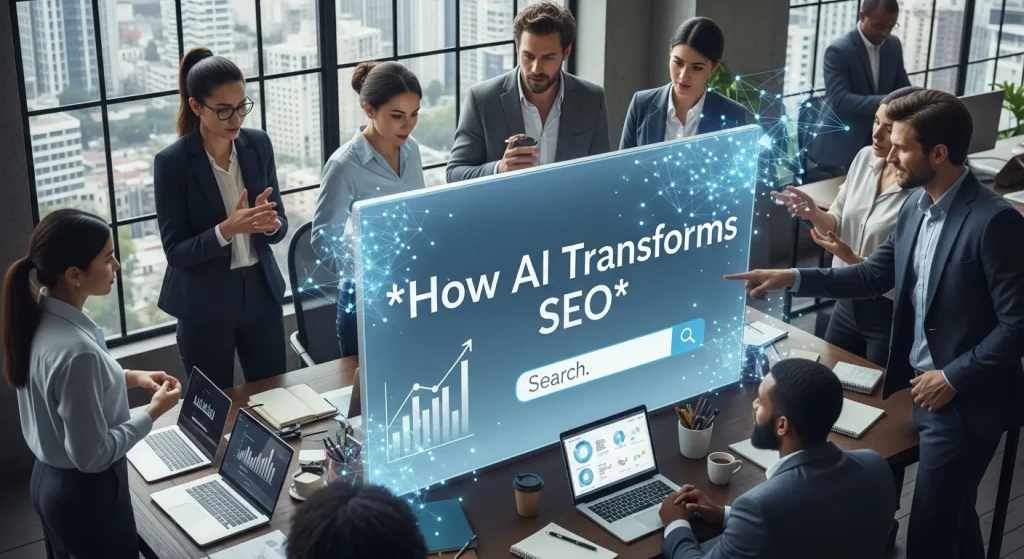
The digital landscape is undergoing a seismic shift as AI Transforms SEO into a predictive, intent-based powerhouse. Whether you’re a veteran or a new business owner, integrating AI is now essential for survival.
This guide explores how AI in SEO revolutionizes keyword research, content creation, and technical audits. We delve into Generative Engine Optimization (GEO), voice search, and smart blogging strategies designed to future-proof your brand’s online presence and maximize organic growth.
How AI Transforms SEO: Navigating the 2026 Digital Frontier
The era of “set it and forget it” SEO is officially over. As we move through 2026, the integration of Artificial Intelligence is no longer a luxury—it is the bedrock of digital marketing. From the way Google interprets human intent to the rise of Answer Engine Optimization (AEO), AI Transforms SEO by shifting the focus from mere keywords to comprehensive user satisfaction.
The Core Evolution: What Is AI for SEO?
At its heart, AI in SEO involves using machine learning (ML) and natural language processing (NLP) to analyze massive datasets. Unlike traditional software, these systems learn from user behavior patterns to make minute, real-time adjustments to search strategies. This allows businesses to achieve higher visibility without the manual “energy waste” typically associated with legacy optimization tactics.
The Game-Changing Benefits for Businesses
Why are global brands and savvy entrepreneurs pivoting toward AI-driven strategies? The advantages are measurable:
- Data Analysis at Scale: AI processes search trends faster than any human team, allowing for deeper insights into Brand Perception In Marketing.
- Efficiency and Time Savings: By using AI Writing Tools for Bloggers, creators can save over five hours a week, shifting their focus to high-level Brand Strategy Consulting.
- Predictive Intent: Algorithms can now predict shifts in search behavior before they happen, allowing for Real Time Trend Marketing.
Strategic Applications of AI in the SEO Workflow
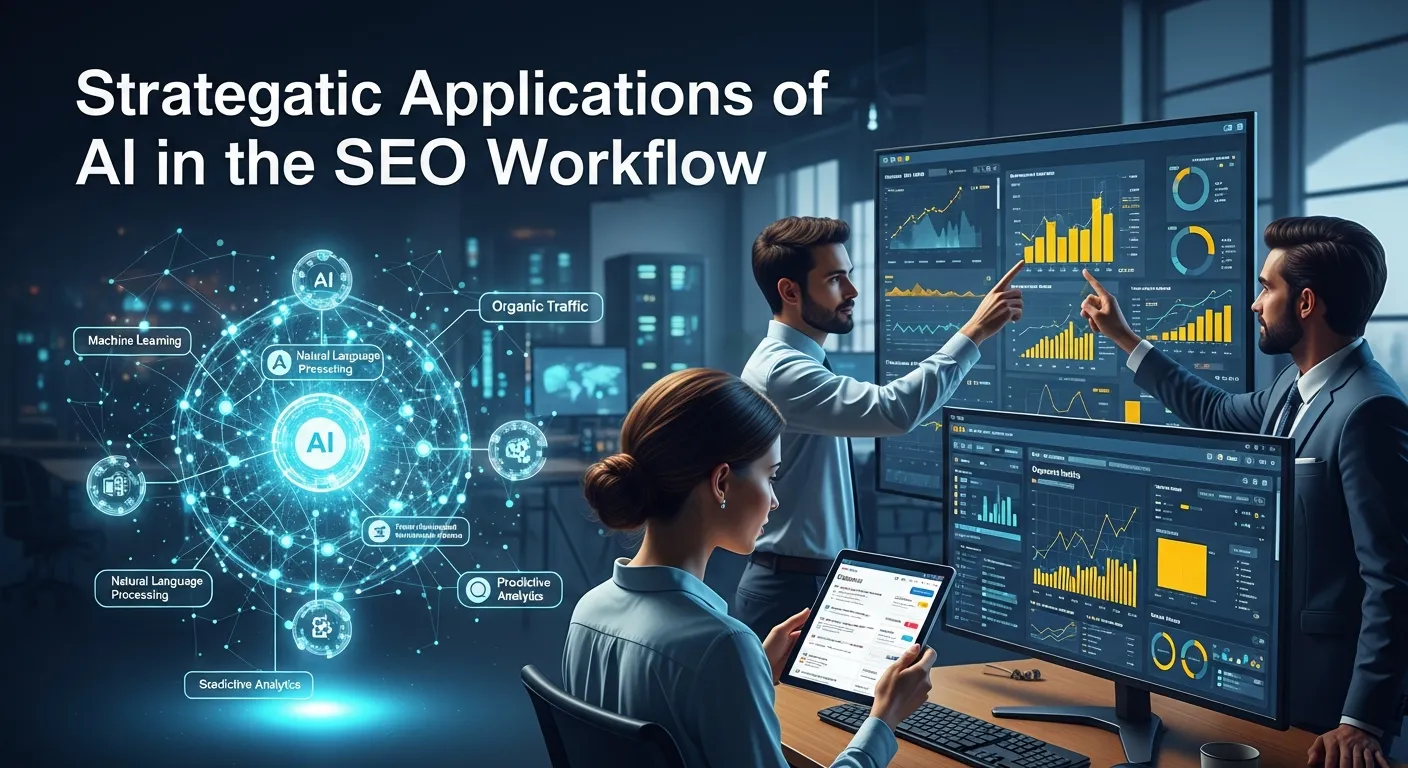
Advanced Keyword Research and Clustering
Traditional keyword research often misses the “why” behind a search. AI Transforms SEO by mapping keywords to the customer journey. Tools like SEMrush and Ahrefs now use AI to:
- Identify long-tail keywords for Niche targeting.
- Group terms into “topic clusters” to build Topical Authority.
- Distinguish between informational and transactional intent to improve Brand Positioning Strategy.
AI-Powered Content Creation and Optimization
Creating content that ranks requires a blend of data and creativity. Smart Blogging Strategies now involve:
- AI Writing Tools for Bloggers: Using ChatGPT or Jasper to draft meta descriptions and outlines.
- How to Optimize Blog Posts: Tools like Clearscope provide real-time scores based on semantic relevance and LSI Keywords.
- Content Gaps: AI identifies what your competitors are talking about that you aren’t, helping you choose a Profitable Blog direction.
Technical SEO and Site Performance
A slow site is a dead site. AI-driven agents now perform Autonomous Technical SEO Audits, instantly identifying:
- Page Speed Issues: Automatically suggesting code minification to Improve Blog Page Speed.
- Crawl Errors: Validating schema markup so search engines can “digest” your data.
- Mobile Responsiveness: Ensuring your site meets the 2026 standards for mobile-first indexing.
The Rise of Generative Engine Optimization (GEO)
In 2026, a significant portion of traffic comes from AI Overviews (formerly SGE). To stay visible, you must optimize for these “zero-click” summaries.
- Direct Answers: Place concise, factual answers (120-150 words) at the top of your pages.
- Structured Data: Use FAQ and “Speakable” schema to feed AI models.
- Citations: Aim to be the source that AI assistants like Gemini or Perplexity quote.
Specialized SEO: Amazon, YouTube, and Voice
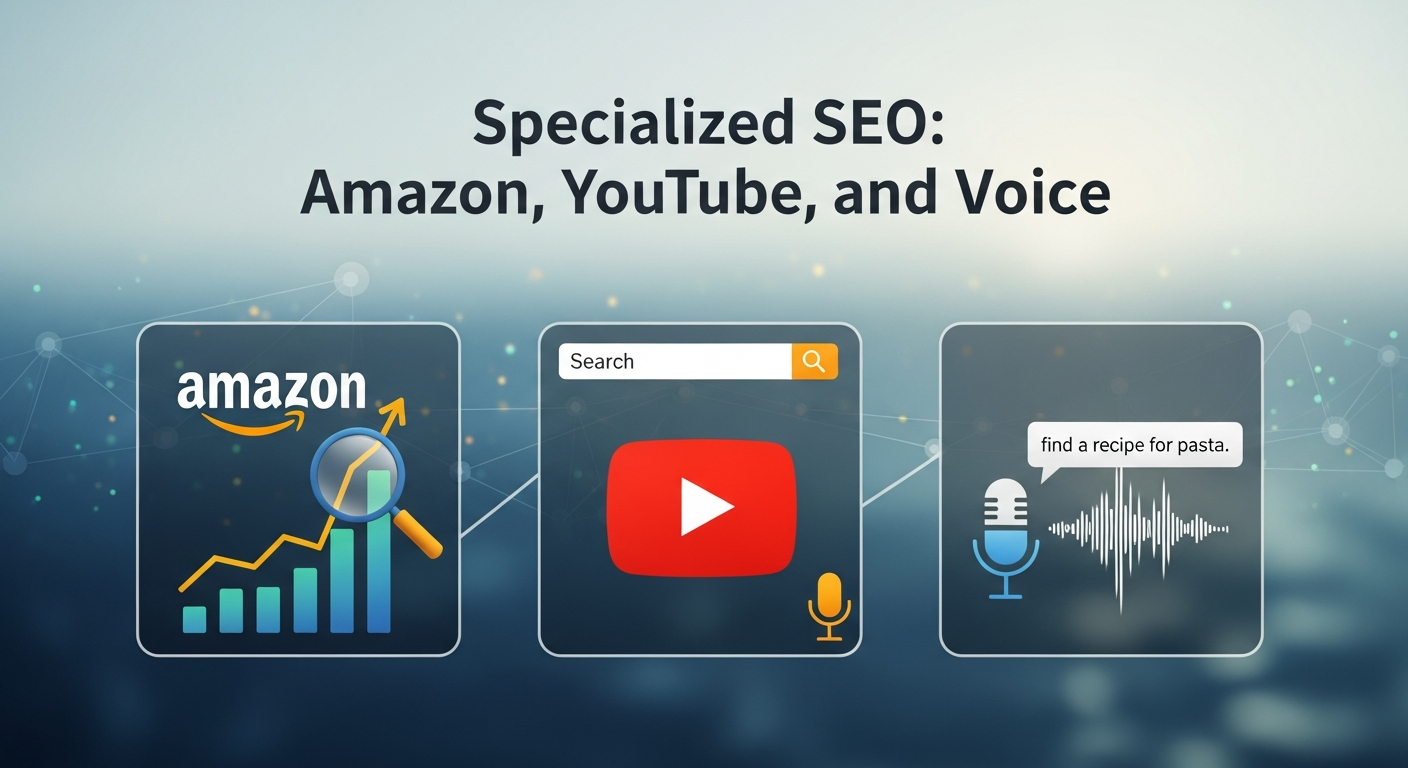
AI Transforms SEO across all platforms, not just Google:
- YouTube SEO: AI analyzes video transcripts to suggest better titles and timestamps.
- Amazon SEO: Machine learning optimizes product listings based on conversion patterns.
- Voice Search Optimization: AI helps rewrite content to match natural, conversational speech patterns.
Building Brand Authority and Trust
Google’s E-E-A-T (Experience, Expertise, Authoritativeness, and Trustworthiness) is more critical than ever. AI helps monitor your Digital Reputation Management by:
- Analyzing customer sentiment in reviews.
- Identifying high-quality Guest Posting Services for Ethical Link Building.
- Ensuring Brand Consistency across social media and your website.
| Feature | Traditional SEO | AI-Driven SEO (2026) |
| Focus | Keyword Density | User Intent & Satisfaction |
| Analysis | Manual Spreadsheets | Real-Time Big Data |
| Content | Human-only Drafting | AI-Assisted + Human Insight |
| Technical | Periodic Audits | Continuous AI Monitoring |
| Speed | Reactive | Predictive |
Integrating AI Into Your Marketing Strategy
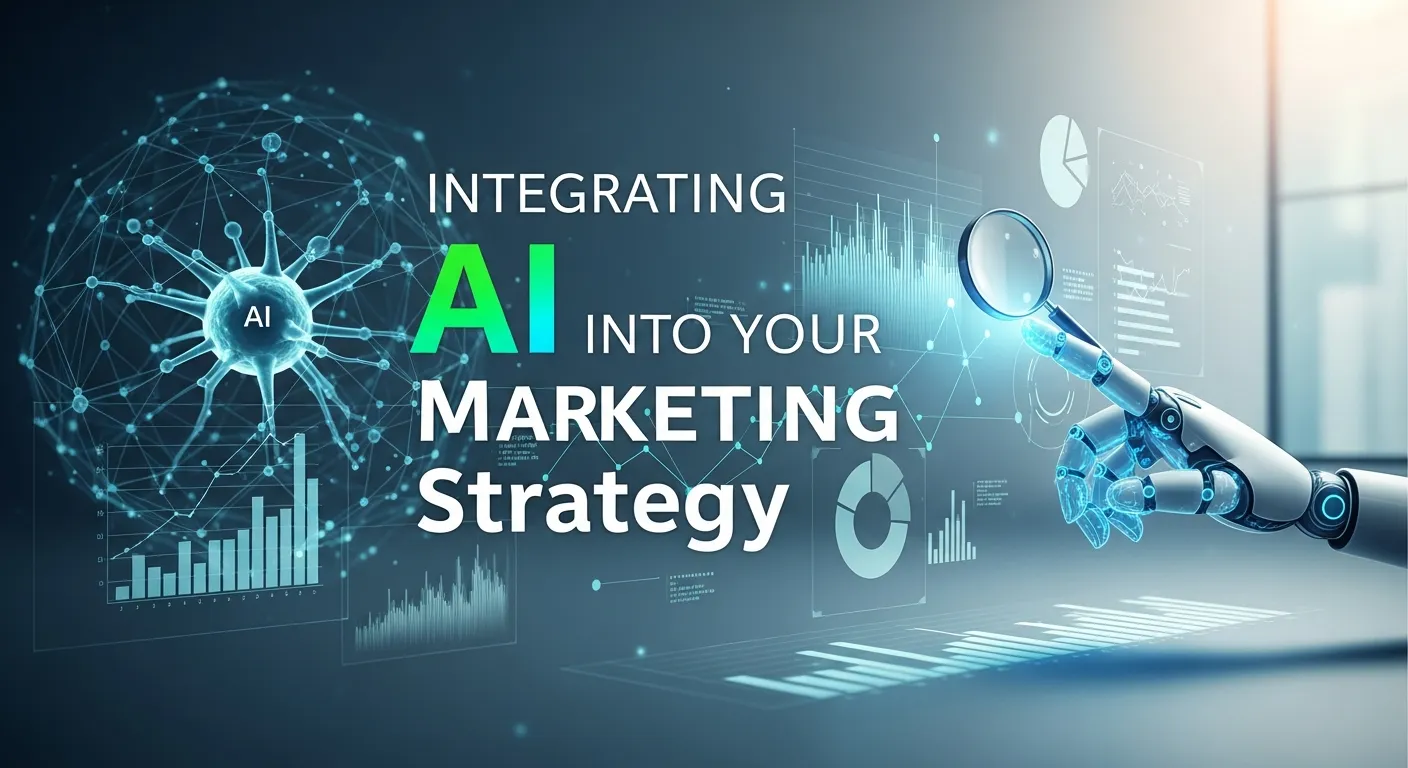
To successfully implement these changes, follow this roadmap:
- Define Objectives: Are you looking for Passive Income Through Blogging or B2B Digital Marketing growth?
- Test Tools: Experiment with SaaS Development Services that offer AI-integrated SEO modules.
- Monitor “Perception Drift”: Use AI to see if search engines associate your brand with your target values (e.g., “Luxury” or “Affordability”).
- Invest Wisely: Use your Blogging Income to reinvest in advanced Media Buying Services or Influencer Marketing.
Generative Engine Optimization (GEO): The New Frontier
As traditional search results are replaced by AI-generated summaries, AI Transforms SEO into a discipline called GEO. Instead of aiming for a blue link, your goal is to be the primary source cited by engines like Google Gemini and Perplexity.
- Focus on Quotability: Write high-authority “definitions” that AI models can easily “ingest.”
- Citation Stability: Publish across multiple formats (text, video, PDF) to ensure AI models cross-reference and verify your brand as a “source of truth.”
The Shift to Answer Engine Optimization (AEO)
With the explosion of “zero-click” searches, AI in SEO is shifting toward Answer Engine Optimization. Users no longer want a list of sites; they want a specific answer.
- Direct-to-Answer Content: Use a “Inverted Pyramid” style—provide the conclusion in the first 150 words to capture the AI’s attention.
- Structured FAQs: Use schema markup to explicitly tell AI agents how to answer specific user pain points.
Multimodal SEO: Optimizing Beyond Text
In 2026, AI Transforms SEO by understanding images, video, and audio as deeply as text. This is Multimodal Search.
- Video SEO: AI now “watches” videos at the frame level. Use Video SEO techniques like detailed transcripts and VideoObject schema so AI can pull specific clips as answers.
- Visual Search: Optimize high-quality product photography with descriptive alt-text to win in Google Lens and other visual discovery tools.
Hyper-Personalization and Behavioral AI
The “one-size-fits-all” search result is dead. AI in SEO now delivers hyper-personalized experiences based on real-time user intent.
- Dynamic Content: Use AI to adjust the copy on your landing pages based on the user’s past interaction history.
- Intent Mapping: AI analyzes whether a user is in the “Discovery” or “Decision” phase, serving content that matches their specific stage in the Customer Journey Mapping.
AI-Driven Local SEO and Hyper-Local Targeting
For small businesses, Local SEO Services have been supercharged. AI now analyzes local reviews and offline signals to predict which businesses are most relevant.
- Review Management Services: AI tools can monitor customer sentiment in real-time, helping you respond faster and improve your Brand Perception In Marketing.
- Localized Key-Terms: AI identifies hyper-local slang and search patterns unique to specific neighborhoods, giving you a massive edge in CPG Brand Marketing.
Predictive SEO: Forecasting the Next Viral Trend
One of the most powerful ways AI Transforms SEO is through Predictive Trend Marketing. Instead of reacting to what is popular now, AI looks at data clusters to forecast the next big thing.
- Next Gen Trend Marketing Strategies: Use AI to identify “Micro Trends” before they hit the mainstream.
- Seasonal Forecasting: Plan your content calendar six months in advance based on AI-predicted shifts in consumer interest.
The Rise of “Agentic Search” (Optimizing for AI Agents)
By late 2026, many “searches” will be performed by AI Agents (like personal assistants) on behalf of humans.
- Machine-Legible Content: Your site must be optimized for “Agentic Discovery.” This means clean HTML, heavy use of Schema Markup, and factual accuracy.
- Decision-Grade Data: Agents look for tables, specs, and pricing. Provide this in clear, structured formats to be the recommended option.
Building “Living Assets” with Autonomous AI
Static blog posts are a thing of the past. Smart Blogging Strategies now involve “Living Assets”—content that updates itself via AI.
- Real-Time Updates: AI agents monitor your niche and automatically update your articles with fresh stats and 2027 Trends.
- Content Freshness: This ensures your site maintains a high “freshness score,” a key ranking factor for modern search engines.
Brand Authority and the “Trust Graph”
In an era of AI-generated spam, Brand Awareness and Brand Resilience Strategies are your best defense. Search engines now prioritize a “Trust Graph.”
- Digital Reputation Management: AI tracks your brand mentions across the web (social media, forums, news) to build an authority score.
- Building Brand Consistency: Use AI to ensure your Brand Voice remains identical across 50 different marketing channels.
Inclusive & Sustainable SEO: The Ethical Competitive Edge
The future opportunity of AI in SEO lies in its ability to automate two of the most overlooked ranking factors: Accessibility and Sustainability.
- Automated Accessibility (ADA/EAA Compliance): AI now performs real-time audits to ensure your site is usable by everyone. It can automatically generate descriptive Alt-Text for images, suggest high-contrast color palettes, and ensure keyboard navigation is seamless. Search engines in 2026 heavily favor “Inclusive Design” because it signals a superior user experience.
- Green SEO & Performance-First Design: AI helps developers build “Lean Layouts.” By identifying and removing “code bloat” and unnecessary plugins, AI helps Improve Blog Page Speed and reduce the carbon footprint of your digital presence. This isn’t just ethical—it’s a massive ranking signal as Google moves toward “Sustainable Search” metrics.
- Cultural Branding & Adaptation: Use AI to ensure your Brand Voice remains culturally sensitive and ethically responsible across different regions. This is a core part of Brand Adaptation Strategies, ensuring your content resonates globally without losing its Brand Personality.
Final SEO Checklist for 2026
| Task | Strategy | Tool Recommendation |
| Visibility | Master GEO & AEO | Perplexity / Google AI Overviews |
| Technical | Implement llms.txt & Clean APIs |
Screaming Frog / DeepCrawl |
| Trust | Build E-E-A-T via Expert Quotes | Help A B2B Writer / HARO |
| Engagement | Hyper-Personalize UX | Optimizely / Dynamic Content AI |
| Efficiency | Automate Repetitive Audits | SEMrush AI Suite |
Future Opportunity: The “Small Model” Revolution

The biggest future opportunity in AI Transforms SEO lies in “Small Language Models” (SLMs) hosted locally on user devices.
-
Privacy-First SEO: As users move away from big-cloud AI for privacy, brands must optimize for the smaller, more efficient AI models running on phones and laptops.
-
Niche Dominance: By mastering a specific Niche, your brand can become the “preferred expert” for specialized SLMs used in industries like healthcare or law.
Conclusion
The fact that AI Transforms SEO is no longer a prediction—it is a reality. By embracing AI in SEO, businesses can move from reacting to trends to predicting them. The future belongs to those who combine the efficiency of machine learning with the irreplaceable touch of human expertise and storytelling. Start your AI journey today to dominate the search results of tomorrow.
FAQs: Mastering AI and SEO
1. How does AI improve my website’s ranking?
AI analyzes search patterns and user behavior to help you create more relevant content. By identifying LSI Keywords and optimizing for user intent, AI ensures your site meets the specific needs of searchers better than manual methods.
2. Will AI replace SEO professionals?
No. While AI handles repetitive tasks and data analysis, humans are essential for Brand Strategy, creative storytelling, and ensuring content maintains a unique Brand Voice.
3. What is Generative Engine Optimization (GEO)?
GEO is the practice of optimizing content to be cited within AI-generated summaries, such as Google AI Overviews or ChatGPT search results. It focuses on clarity, facts, and structured data.
4. How can I improve my blog’s page speed with AI?
AI tools can automatically identify heavy scripts, unoptimized images, and server bottlenecks, providing specific code recommendations to Improve Blog Page Speed significantly.
5. Are AI writing tools safe for SEO?
Yes, if used correctly. Search engines reward “helpful content.” You should use AI Writing Tools to draft and research, but always add human insights and expert commentary to meet E-E-A-T standards.
6. What are LSI keywords and why do they matter?
Latent Semantic Indexing keywords are terms related to your main topic. They provide context, helping AI understand that a page about “Apple” is about the tech company, not the fruit.
7. How does AI help with Local SEO?
AI analyzes local reviews and search patterns to optimize your Google Business Profile and highlight the most effective local keywords for your specific area.
8. Can AI help with link building?
Yes. AI-powered platforms like Pitchbox help identify high-authority sites for Guest Posting Services and can even help draft personalized outreach emails for Ethical Link Building.
9. What is Answer Engine Optimization (AEO)?
AEO is a subset of SEO focused on providing direct answers to user queries, making your content highly likely to appear in voice search results and featured snippets.
10. How do I start using AI for my business SEO?
Start by integrating AI features in tools you already use, like SEMrush or Ahrefs. Focus first on automating keyword research and technical audits before moving into AI-assisted content scaling.

